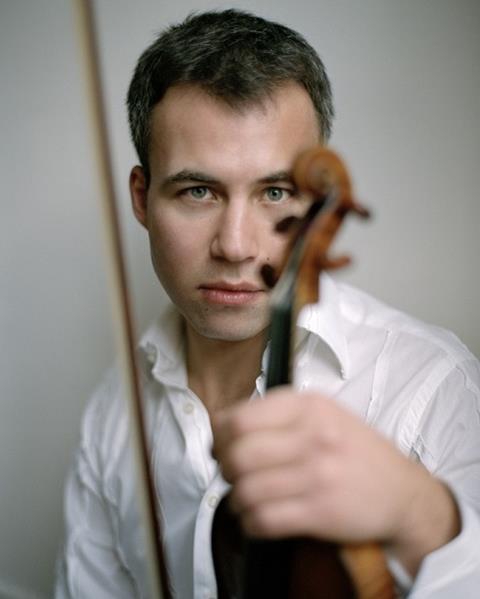The Russian violinist and Royal College of Music, London professor believes today’s playing has become more tense

Nowadays violinists tend to be far too tense and make too much physical effort in their playing, in the hope of achieving a larger sound.
But the paradox is that one must spend less energy to achieve more sound. The sound produced by stringed instruments comes from the vibration of the string, provoked by contact of the bow hair – so when the bow gently touches the string, the sound carries. If a violinist presses too much, there may be the impression of larger sound, but in reality the vibrations are stifled.
As a result, the quality of the sound made by many of today’s violinists has changed. It has become very tense and has lost its individuality.
The fast-paced times in which we live have impacted upon the philosophy of playing. During the Belle Époque, when the great masters were performing, there was an emphasis on artistry and taking the time to appreciate life and beauty. Szigeti and Kreisler never used as much strength and power on the string. They allowed the instrument to sing by itself.
Today there is a pressure to succeed; to get to the final destination without appreciating the road along the way. Students make a huge effort to learn a new Paganini caprice or to prepare for the next competition, or to learn by memory a contemporary violin concerto overnight. You can see the tension in their shoulders – an indication of stress in the body and mind.
Students must try to rid themselves of stress before training and practising for many hours a day, because otherwise they are going against nature and their body, which can lead to physical problems. I introduce Alexander Technique to my students, and also encourage an understanding of martial arts and basic anatomy in terms of playing.
I also encourage a broader interest in music than simply the work a student happens to be studying at the time. These days it is all too easy to access a recording on YouTube at the click of a button, and this is fantastic in some ways, but in fact can hinder exploration. Making a real effort to discover new works and interpretations can be very motivating and helps students in their own interpretations.
Sasha Rozhdestvensky releases two new recordings on First Hand Records on 6 November 2015: ‘Shostakovich: The Two Violin Sonatas’ includes the first commercial recording of the ‘Unfinished’ Sonata of 1945, recorded with pianist Jeremy Menuhin; ‘O Vôo da Mosca’, featuring Latin American music, is recorded with The Ambar Music Group.
Listen to excerpts from Rozhdestvensky’s Shostakovich album below:
Listen to excerpts from 'O Vôo da Mosca’ below:
Photo: Mina Angela








































No comments yet